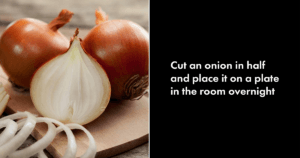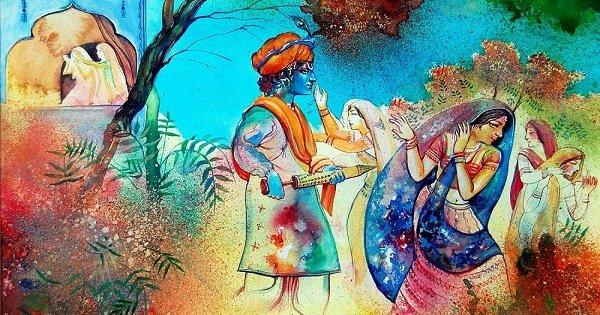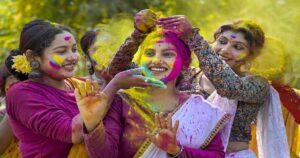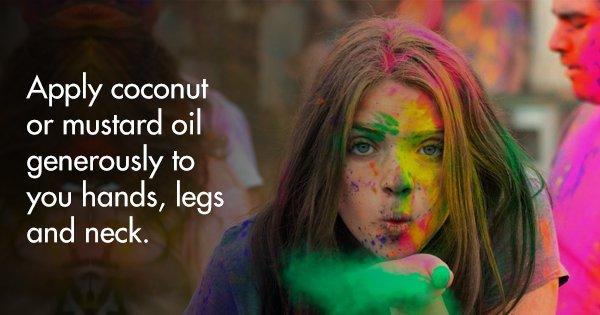Essentially, Diwali signifies the same thing everywhere – victory of good over evil and hope over despair.
Our land has been graced with numerous cultures and ethnicities. The festival of lights holds significance for us all. But there are various rituals practiced across India because the day marks different historical events for different communities.
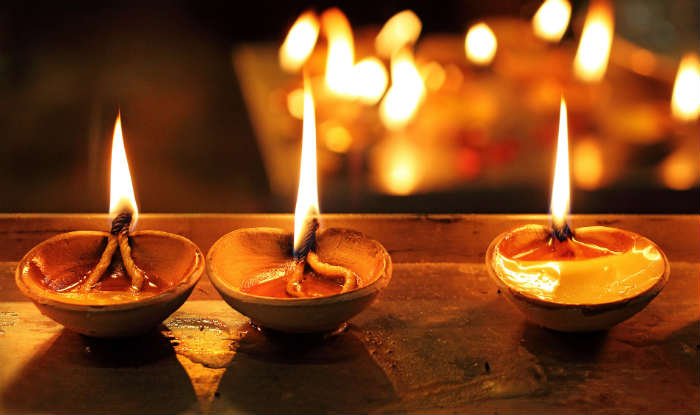
So, here are the different reasons why people celebrate Diwali across the country:
1. Lord Ram defeated Ravana and returned to a well-lit Ayodhya to celebrate his victory.
Based on the Ramayana, Lord Ram, along with his brother Laxman and wife Sita, returned to Ayodhya after their conquest of Ravana and Lanka. The people of Ayodhya had illuminated the entire city to welcome them and celebrate their victory.
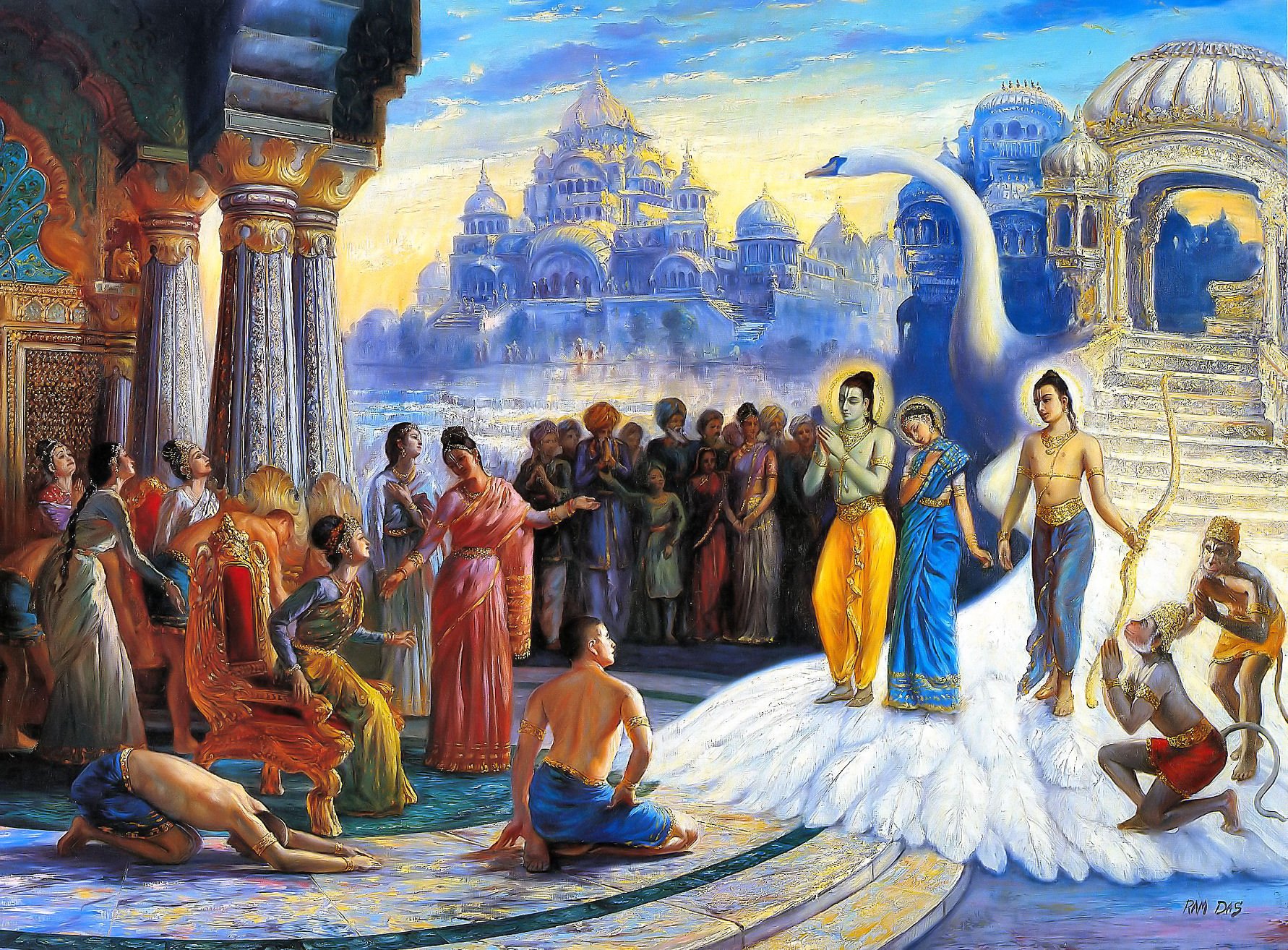
2. Goddess Lakshmi was born after the Samudra Manthan and she chose to be with Lord Vishnu.
Lakshmi is considered the Goddess of wealth, fortune and prosperity. She was born from the churning of the oceans (Samudra Manthan) while the devas and asuras sought immortality from mystical objects in the ocean. When Lakshmi emerged, she had to choose between them and she decided to be with the deva Vishnu. Another reason people celebrate the festival is their union.
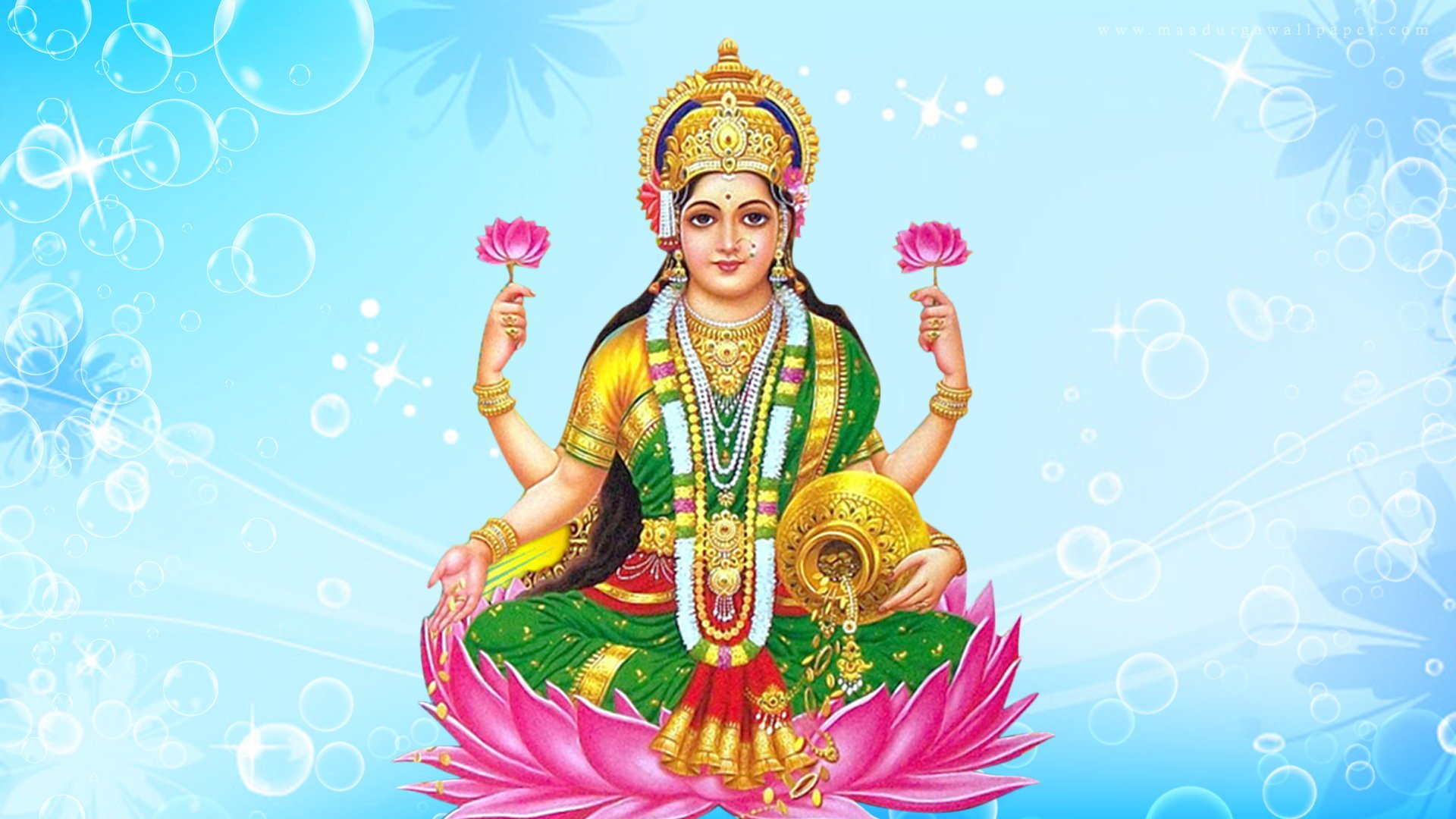
3. The Pandavas finally returned from a 12-year Vanvas to Hastinapur and the citizens celebrated their return.
The Pandavas were tricked into losing a bet in gambling and banished to the jungles for 12 years, by the Kauravas. It was the Kartik Amavasya when they finally returned home to Hastinapur. They were immensely loved by their people who, as a homecoming celebration, lit up the town with earthen lamps.
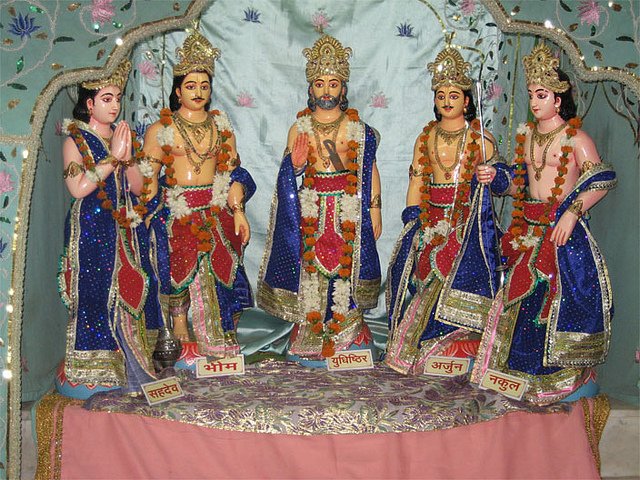
4. Vardhaman Mahavira, a ford-maker of Jainism, finally attained nirvana.
According to Jain texts, Mahavira was the last of the 24 Tirthankaras. Diwali, for Jains, is celebrated to recognise the enlightenment of Maharvira as he attained nirvana and the human spirit’s emancipation from earthly desires.
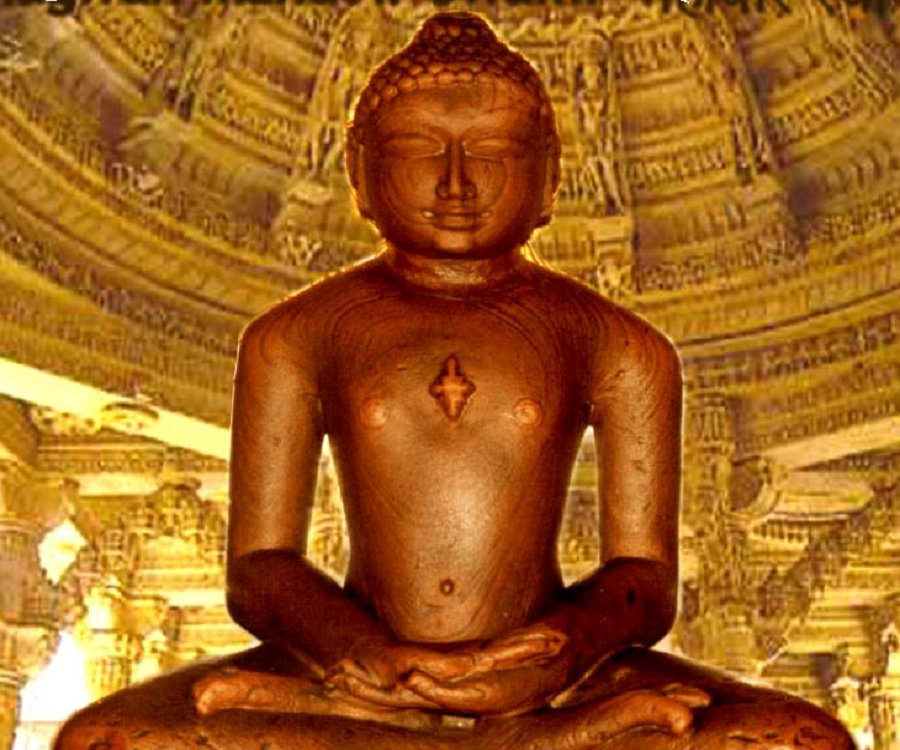
5. Lord Krishna defeated the demon Narakasura and released the 16,000 women he held captive.
In some parts of the country, Diwali is celebrated a day before as Naraka Chaturdashi. It is to commemorate the victory of Lord Krishna over the demon Narakasura. The demon king had 16,000 women in captivity. But Lord Krishna’s victory over him, that falls on the day of Naraka Chaturdashi, set them free. The celebrations are said to have gone on for more than a day.
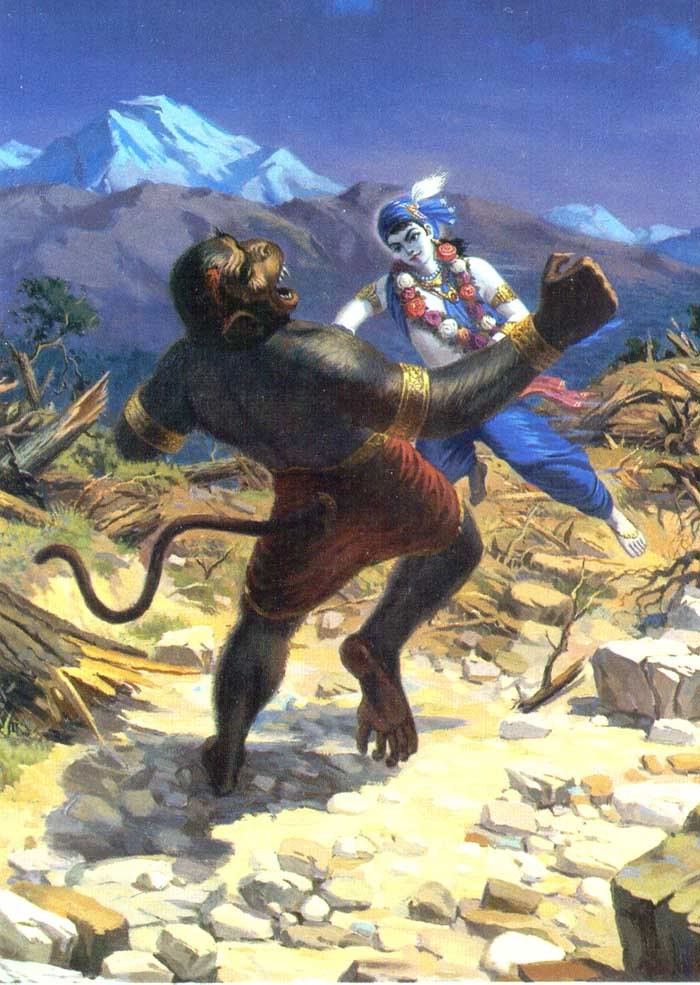
6. Guru Hargobind returned from Mughal captivity on this day, leading to the creation of Bandi Chhor Divas.
On Diwali day in 1619, Guru Hargobind ji, after years of captivity, was eventually set free by Mughal emperor Jahangir, along with 52 other Hindu kings. His return is celebrated by Sikhs as Bandi Chhor Divas, the same day as Diwali.
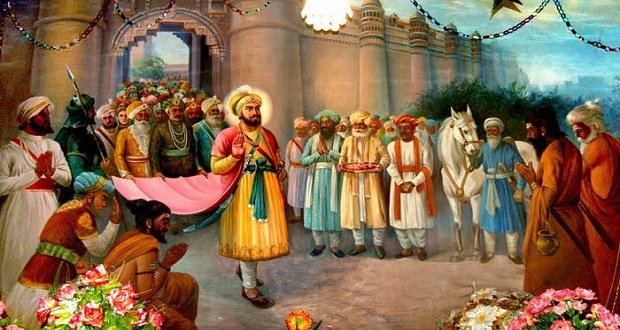
7. People in certain eastern parts of the country honour Goddess Kali, instead of Lakshmi.
In some parts of the country, instead of Goddess Lakshmi, there are other Goddesses & deities that people pay their respects to. In areas like West Bengal, Assam and Odisha people perform Kali Puja to honour Goddess Kali. She is said to be the Goddess of creation, time, destruction and power. Kali Puja and Diwali fall on the same date.
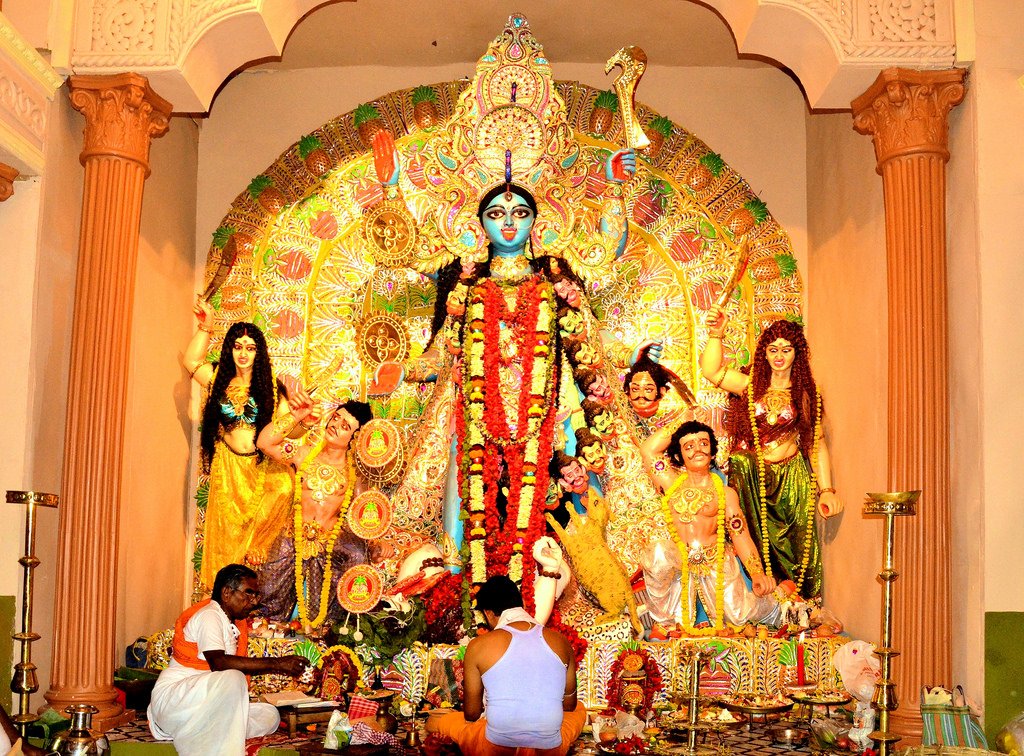
8. As per history, farmers always celebrated the end of a harvest season.
Diwali mostly falls in October or November, which is also known as the Kharif season when the fresh crop is available. It also signifies the end of a harvest. Farmers back in the day would celebrate this day to offer their gratitude to the Gods for a good crop and for whatever they reaped from the harvest.
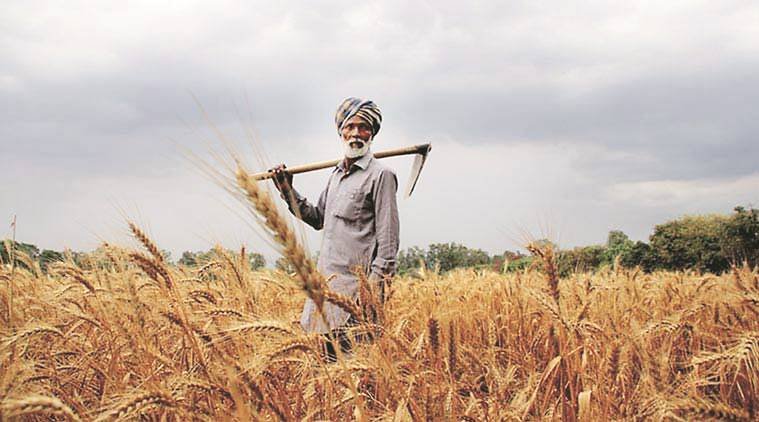
9. In parts of the country, many also consider Diwali to be the Hindu new year.
Diwali also marks the start of a new year in some parts of the country. Shop owners, merchants and businessmen close their year and start afresh seeking the blessings of Goddesses like Lakshmi. In places like Gujarat, it is called Bestu Varsh (New Year’s day) and falls a day after Diwali.
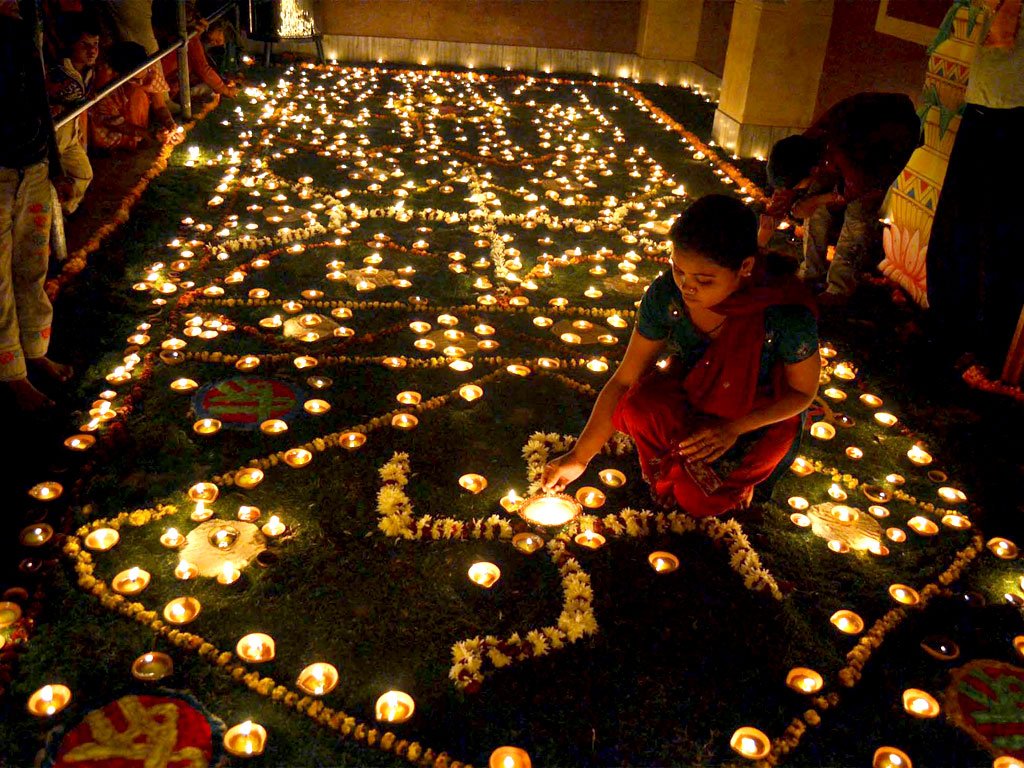
For whatever reason you maybe celebrating the festival of lights, we hope it brings you endless joy. Happy Diwali!




